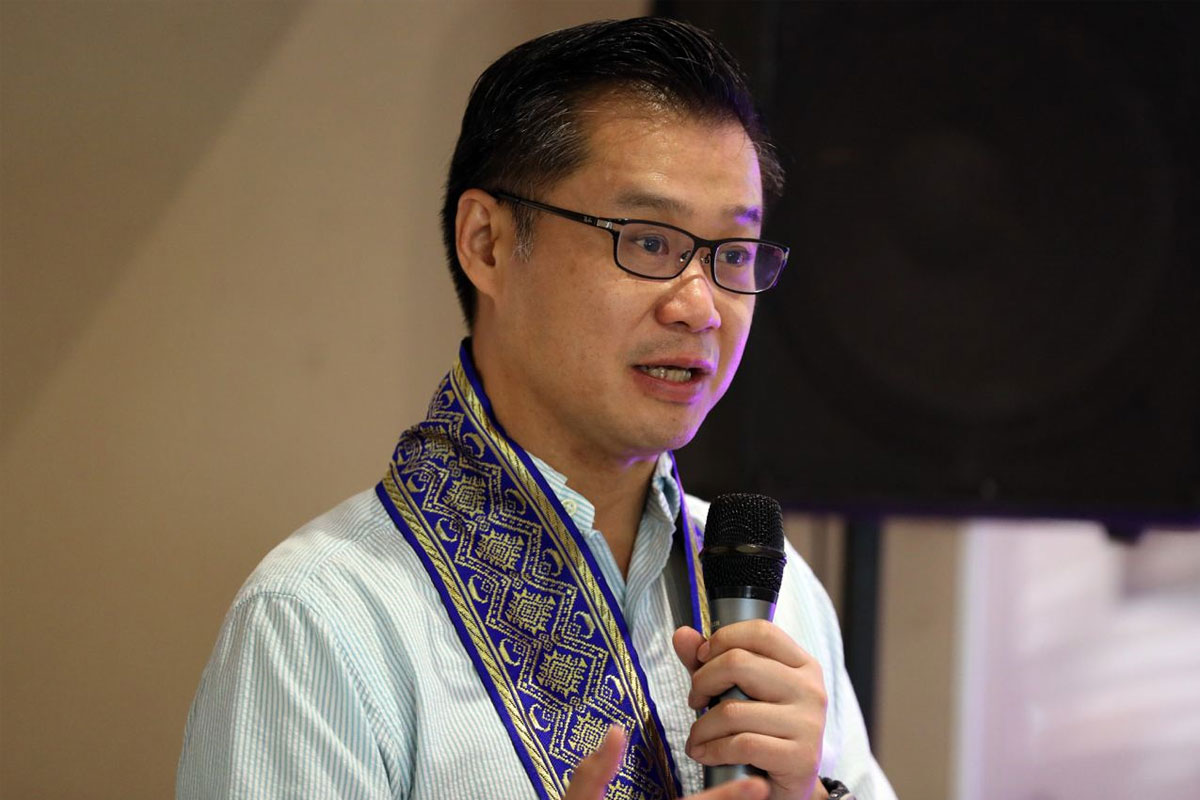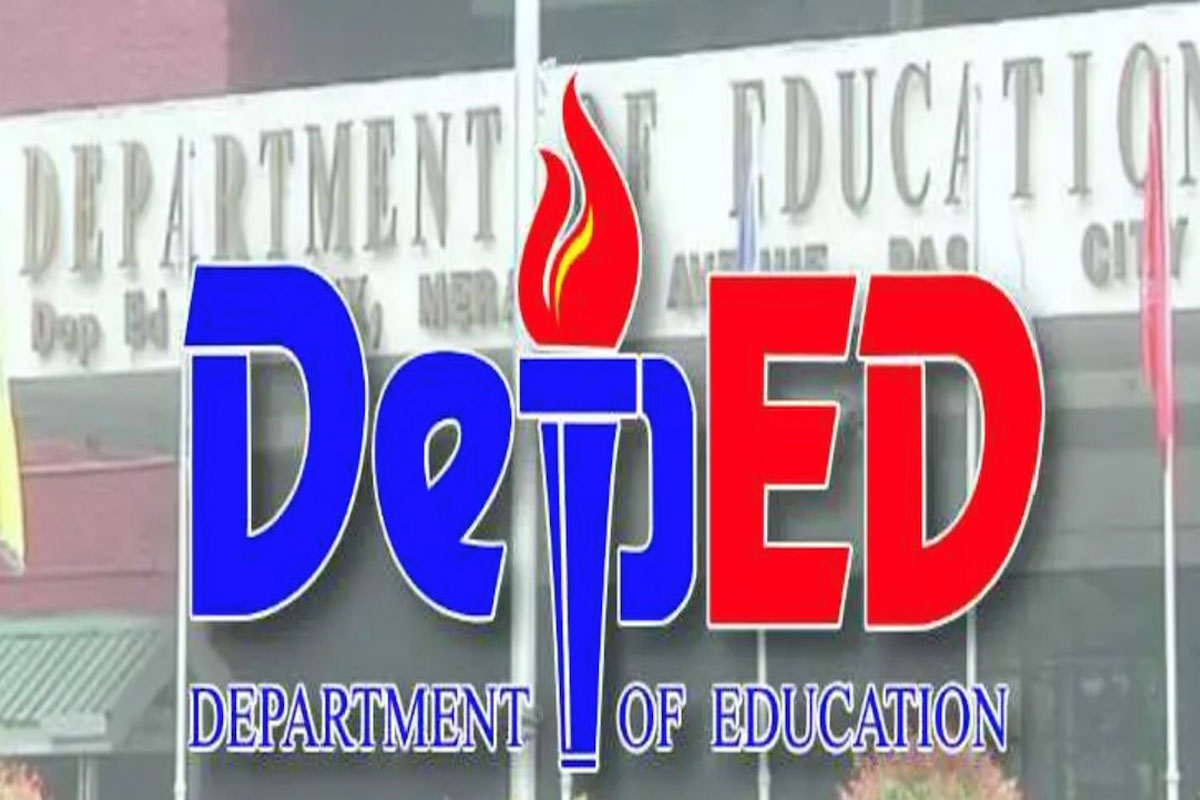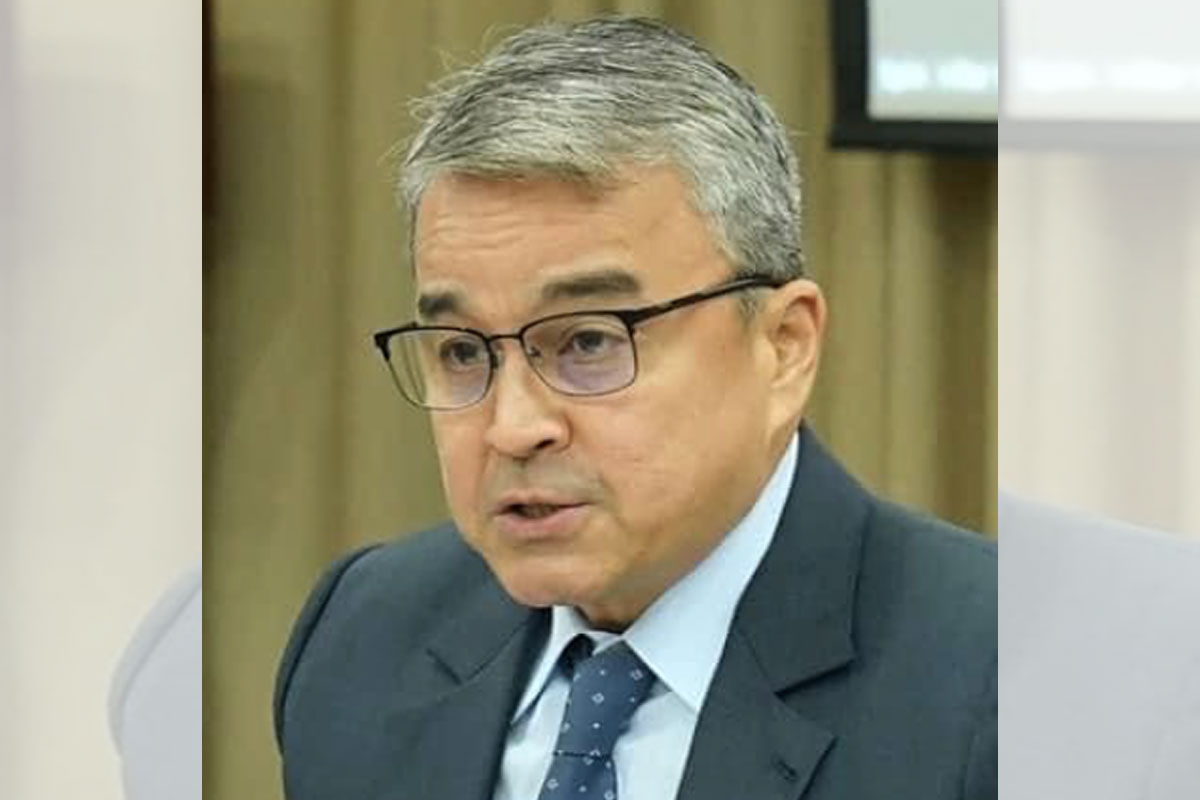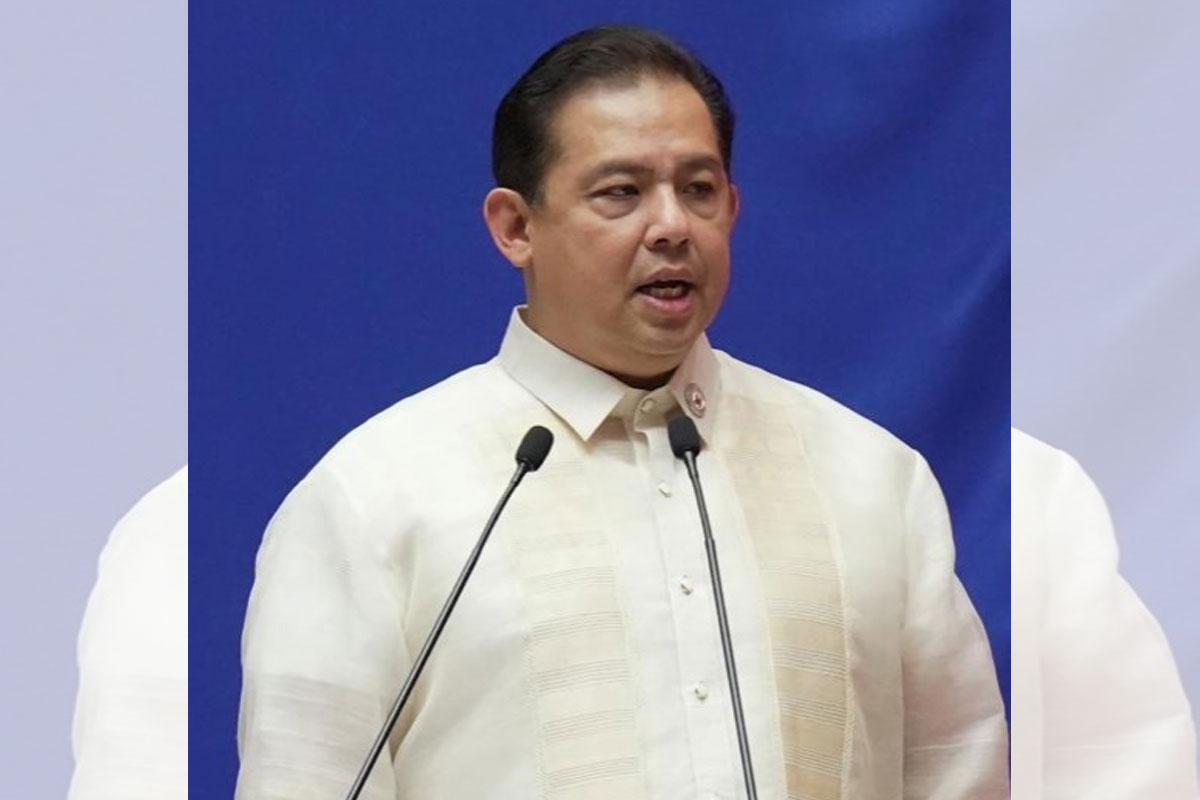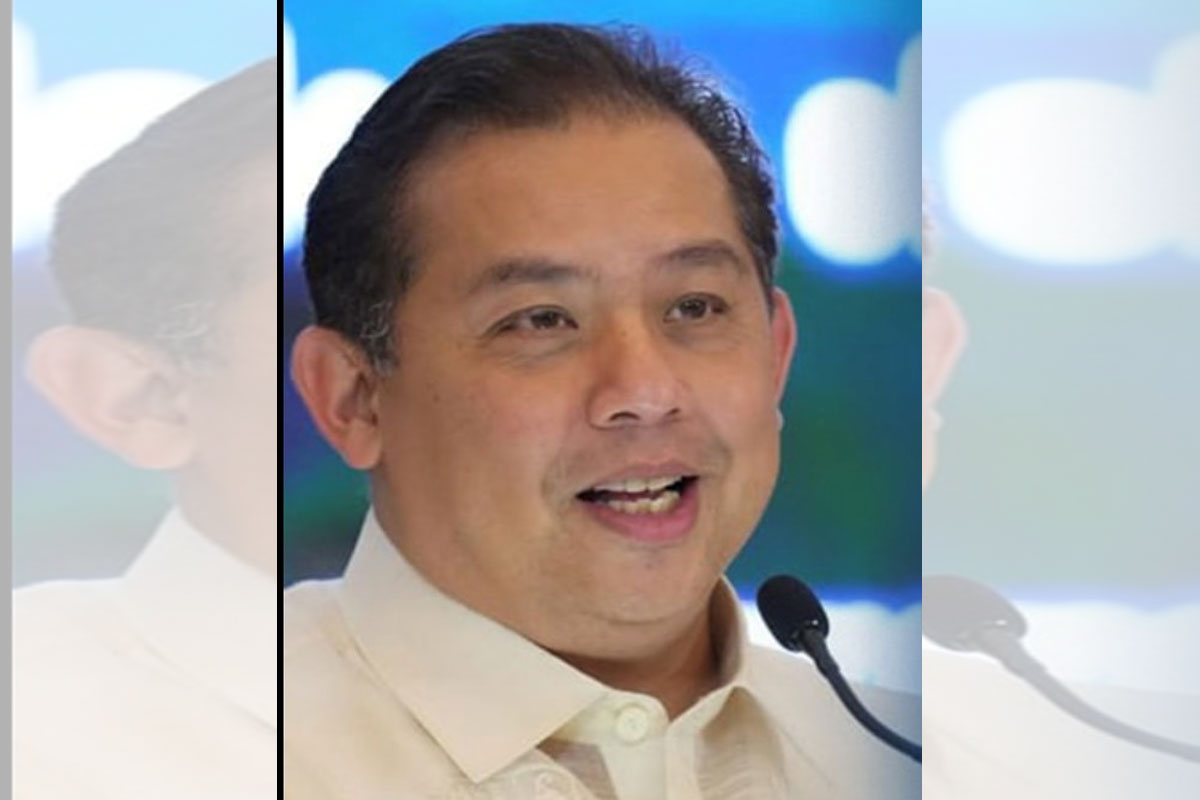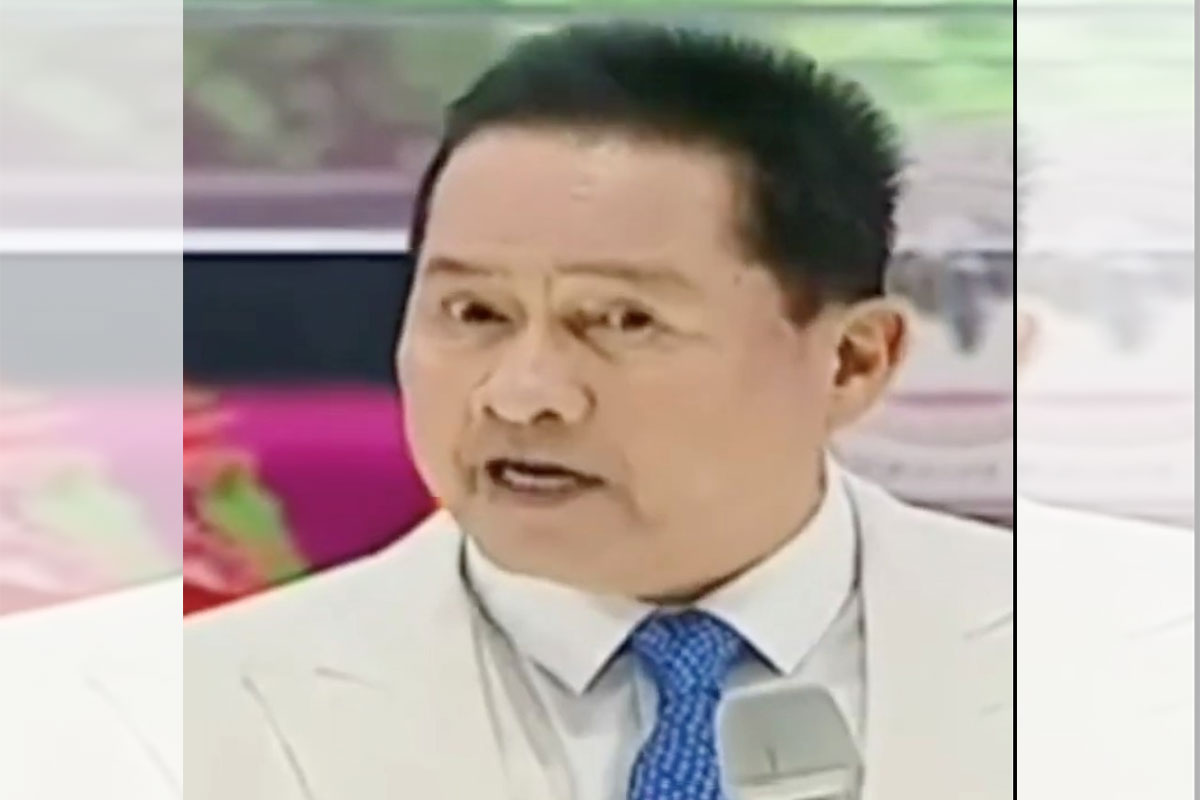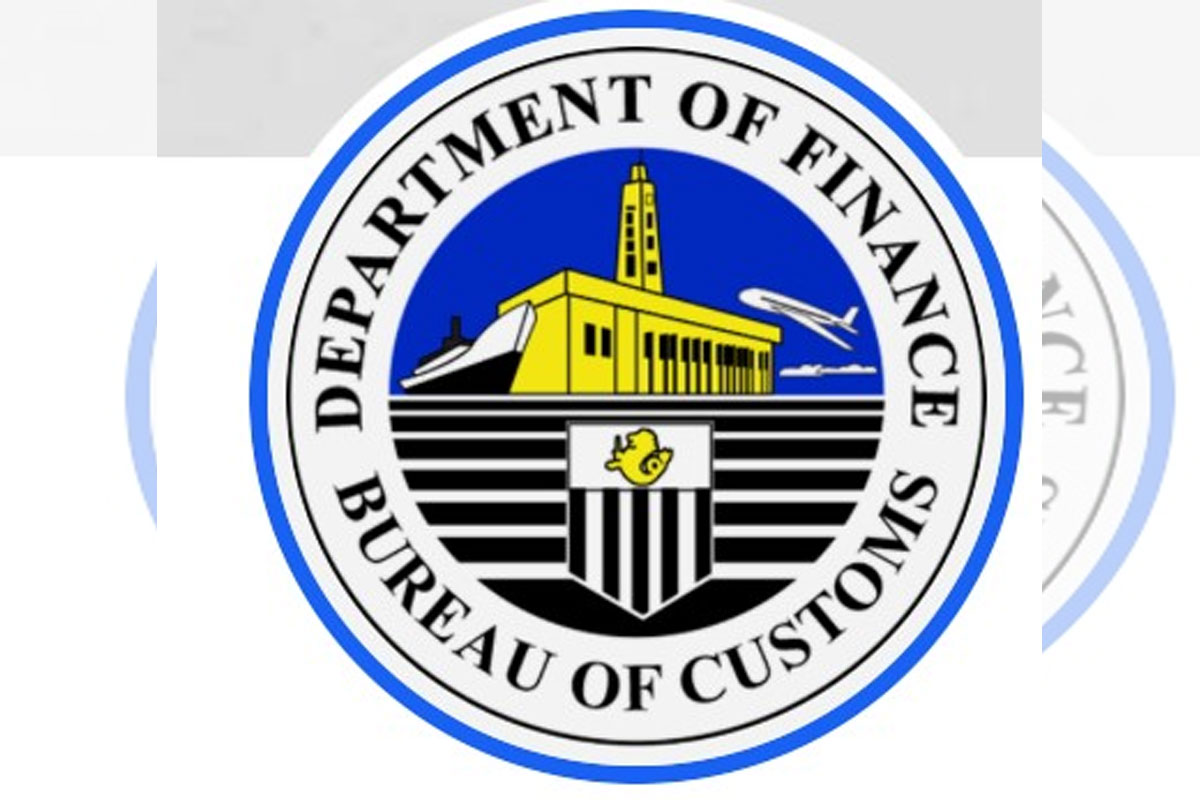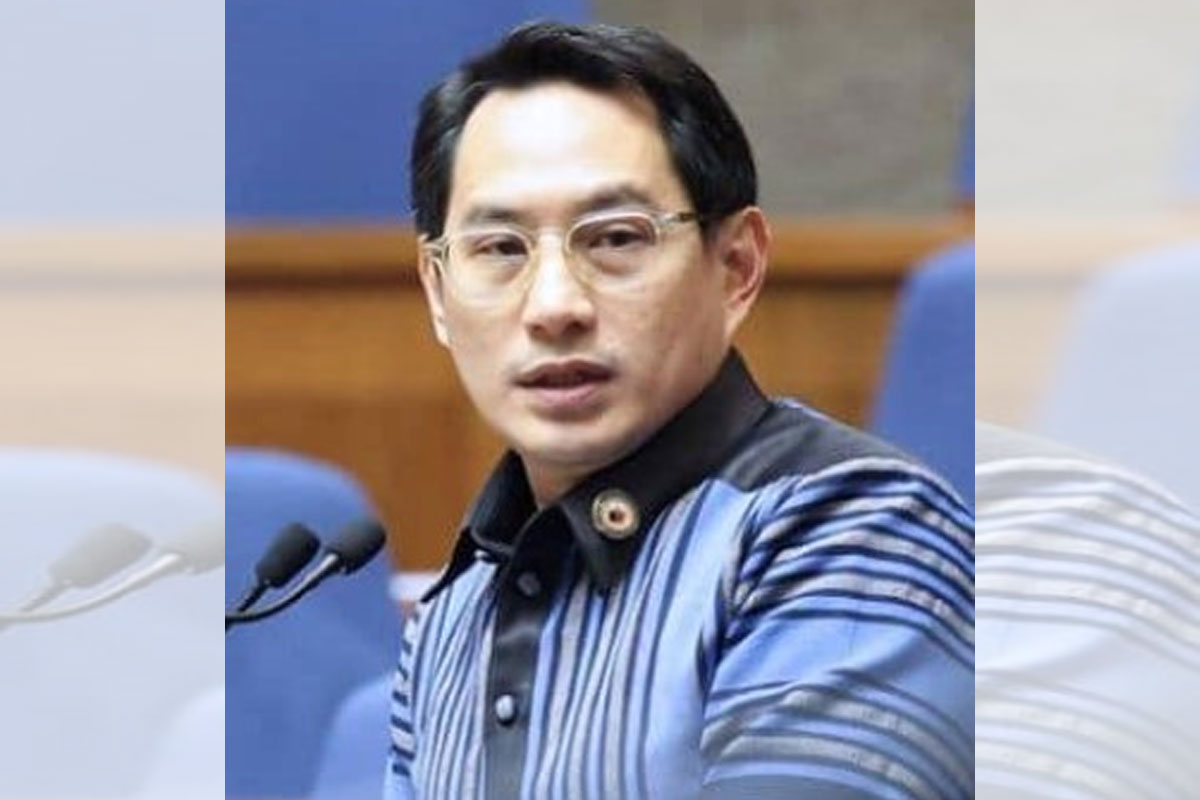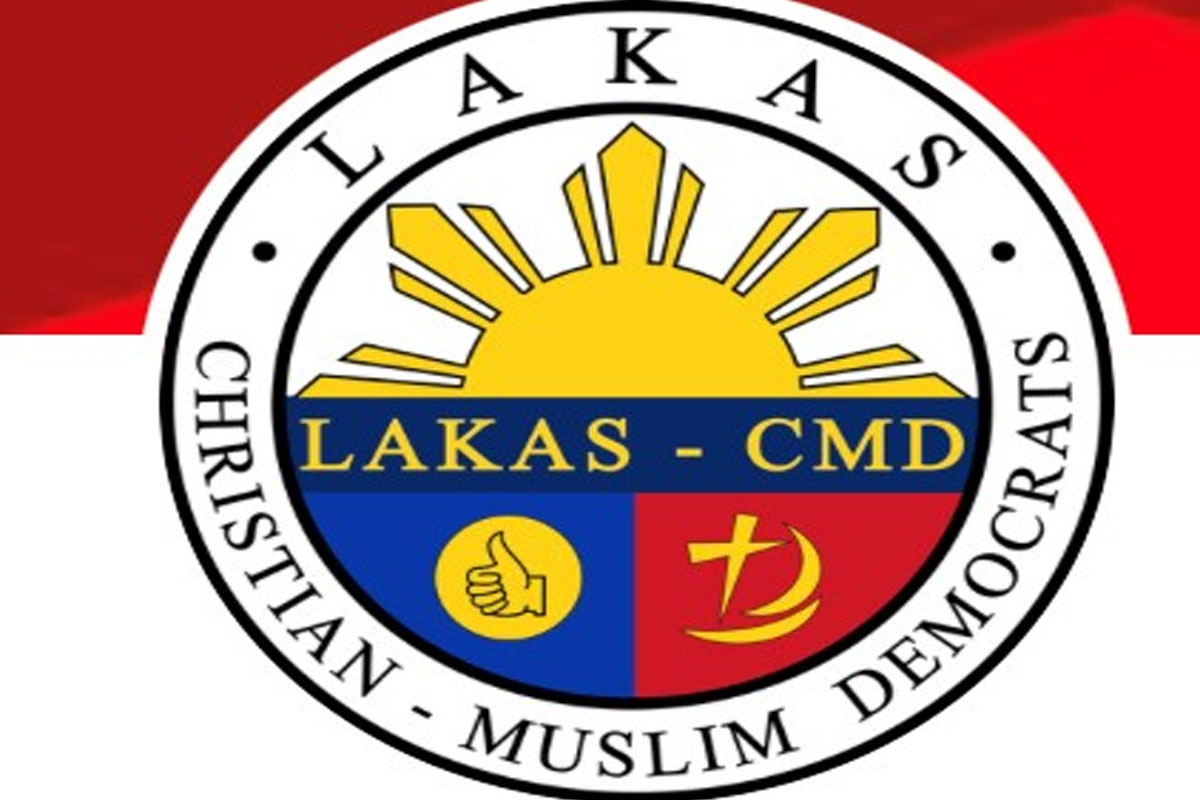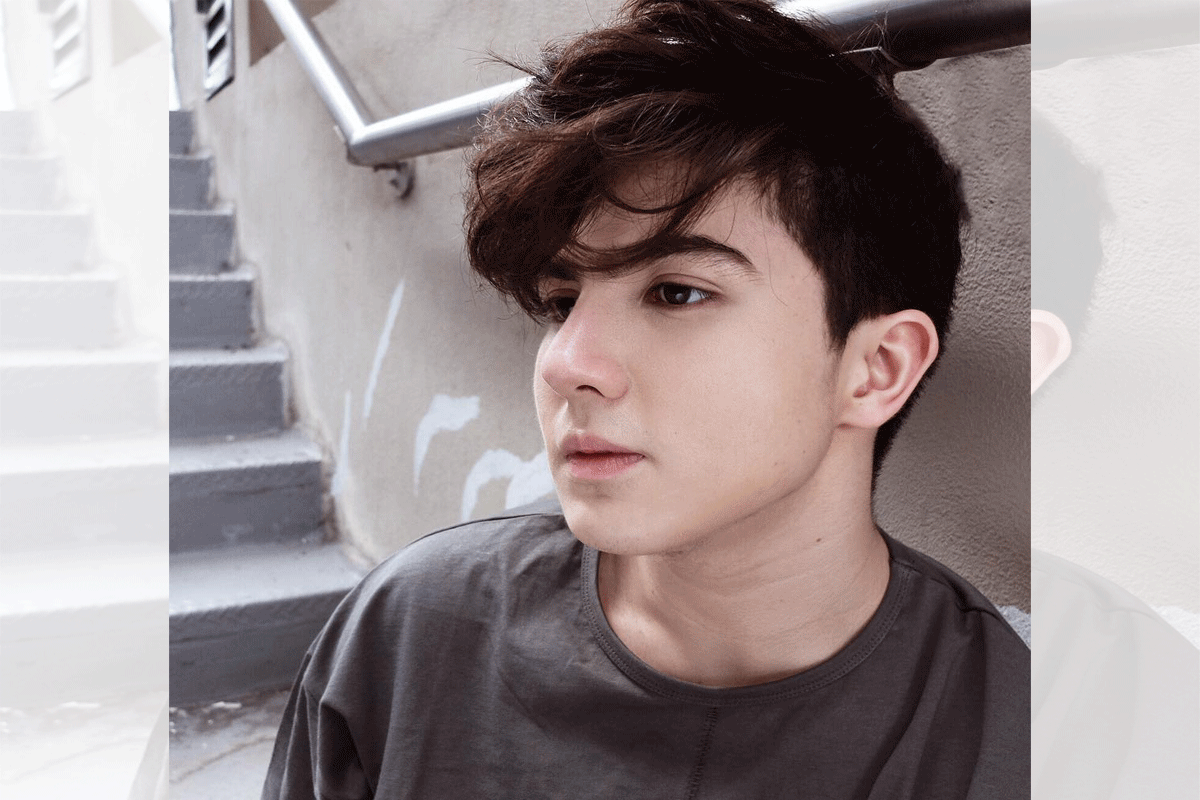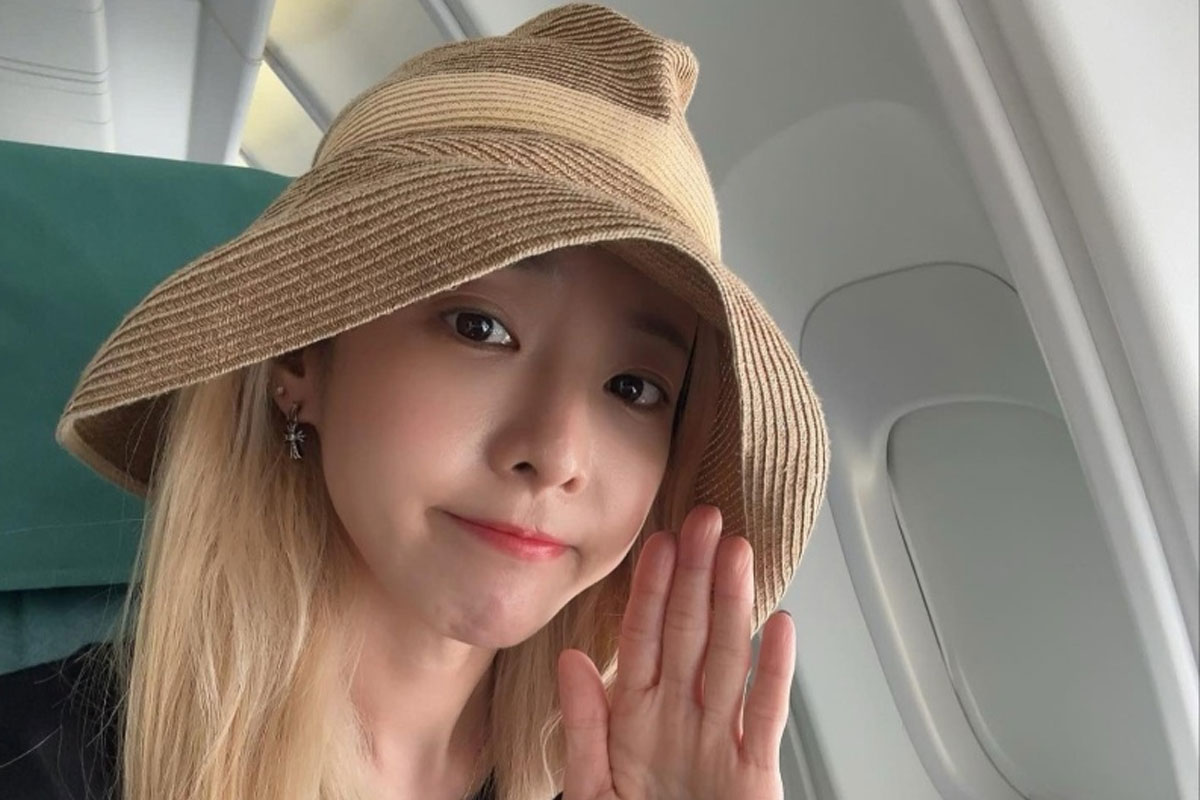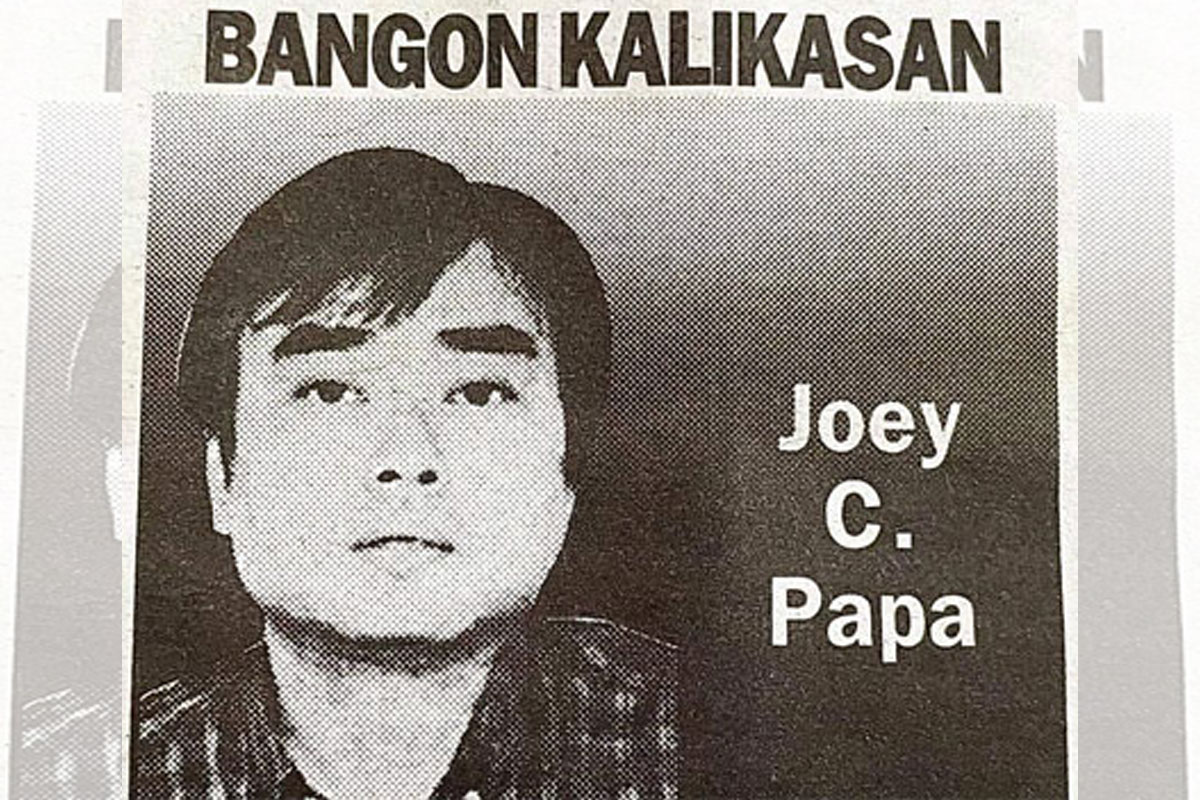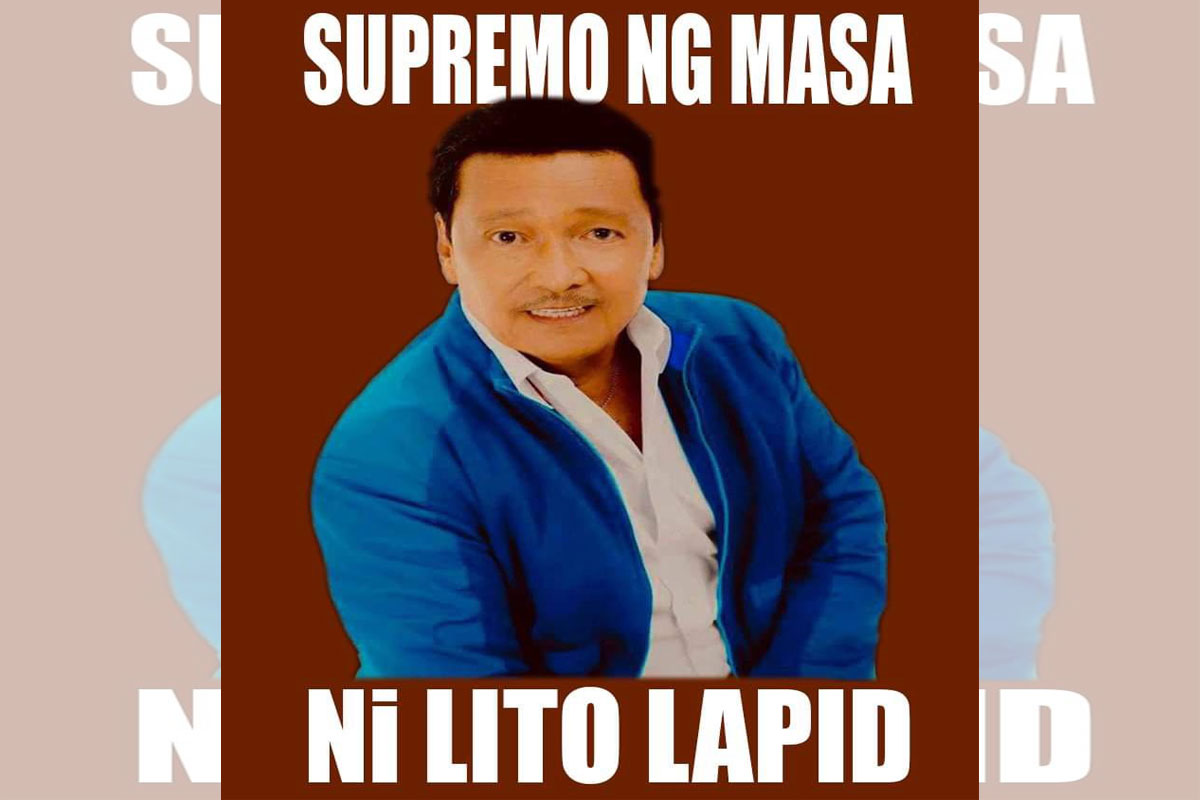
POP CULTURE: BADINGGER Z
 According to Hardik Dhamija, ”comics have had a significant impact on pop culture, influencing various aspects of society such as art, literature, film, television, and even politics. From the early 20th century to present day, comics have served as a medium for storytelling and have played a role in shaping popular culture. They have introduced iconic characters and storylines that have resonated with readers of all ages and have transcended their medium to become cultural phenomena. In this essay, we will explore the ways in which comics have impacted pop culture and how they continue to influence and be a part of mainstream media.”
According to Hardik Dhamija, ”comics have had a significant impact on pop culture, influencing various aspects of society such as art, literature, film, television, and even politics. From the early 20th century to present day, comics have served as a medium for storytelling and have played a role in shaping popular culture. They have introduced iconic characters and storylines that have resonated with readers of all ages and have transcended their medium to become cultural phenomena. In this essay, we will explore the ways in which comics have impacted pop culture and how they continue to influence and be a part of mainstream media.”
As such, in a vibrant blaze of color and courage, a new superhero emerges to captivate Philippine audiences and champion the fight against oppression. Badingger-Z, adorned in a dazzling rainbow cape, is set to become the beacon of hope for the small town of Santo Tomas, written for comicbook by award-winning filmmaker Real S. Florido.
Real S. Florido is a film director, writer and producer renowned for internationally acclaimed movies like 1st Ko Si 3rd, Bakit Di Mo Sabihin, romantic movie Will You Be My Ex, and Boys Love Kumusta Bro The Series. He produced the award-wining film ISKA. Currently, Real S. Florido is likewise the Chief Creative Officer of CreaZion Studios.
In the debut volume, “Badingger-Z and the Accla Assassin” audiences are introduced to Ading, a timid teenager who, wearied by bullying at a military campus, returns home with an unwavering vow never to return to the academy. Unraveling the mysteries guarded by his adaptive mother, Ading stumbles upon a mysterious particle in the forbidden woods, transforming him into Badingger-Z—a rainbow-surfing superhuman with unparalleled strength. As the Cyborgas launch an assault on his hometown, Badingger-Z emerges as the indispensable defender, facing not only the half-human half-robot attackers but also the enigmatic mastermind of the chaos—the Accla Assassin.
Crafted by the award-winning film director Real S. Florido, this project marks an exhilarating chapter in storytelling. Florido emphasizes the significance of Badingger-Z as a superhero representing the LGBTQIA+ community, breaking free from traditional narratives and positioning them as the main characters, transcending sidekick roles and momentary punchlines.
“I believe that a superhero like Badingger-Z is crucial today, representing the LGBTQIA+ community in a story where they are the main characters, not just sidekicks,” asserts Real Florido, injecting a fresh and inclusive perspective into the superhero genre.
Inspired by a college play written by Rommel Dela Cruz and Byron Barinuevo from the university organization Magwayen Creative Scholar’s Guild in Pamantasan ng Lungsod ng Maynila, Badingger-Z’s narrative adopts a deep dive on Filipinos penchant for superhero stories.
The amazing comicbook illustrations are from Alfred Galoroza, a visual artist from Cebu. With additional artwork for the cover art by the young and talented multi-media artist from Davao, Jermaine Tulbo.
One of the most notable elements of the book is its use of “swardspeak” or gay lingo. Real S. Florido envisions that by using this slang the book can create a connection point for people to understand the LGBTQ+ community better. He’d like the readers to ask an LGBTQ+ friend, a gay colleague or even a stranger to help translate the lines and explain its context.
“Badingger-Z and the Accla Assassin” Part 1 of 4 is set for release in four thrilling installment comicbooks. Series #1 is slated to grace shelves on January 19th, with enthusiasts having the opportunity to secure their copies through advance reservations through https://creazionstudios.com/badingger-z/. Embark on a journey where strength, diversity, and style converge in this groundbreaking narrative.
In recent years, established superheroes like Batwoman, Northstar, and Iceman have come out as LGBTQ+ individuals, allowing readers to see themselves in characters who were previously portrayed as heterosexual; as such may this upcoming Filipino Comic Character be part of this ongoing gender dialogue within the country.
Personas, societies, artistic works, and even semantics from comic books are now extensively used in entertainment, policies, and marketing. They have become an essential component of our cultural vocabulary. A considerable body of academic study is also being done on the topic. Comic books have progressed from their modest origins as republished comic strips into literature, works of art, and cultural relevance in their own right.
———————– oOo——————————
For any personal comments or suggestions, you may call 0917-4805585 or email me at [email protected].


